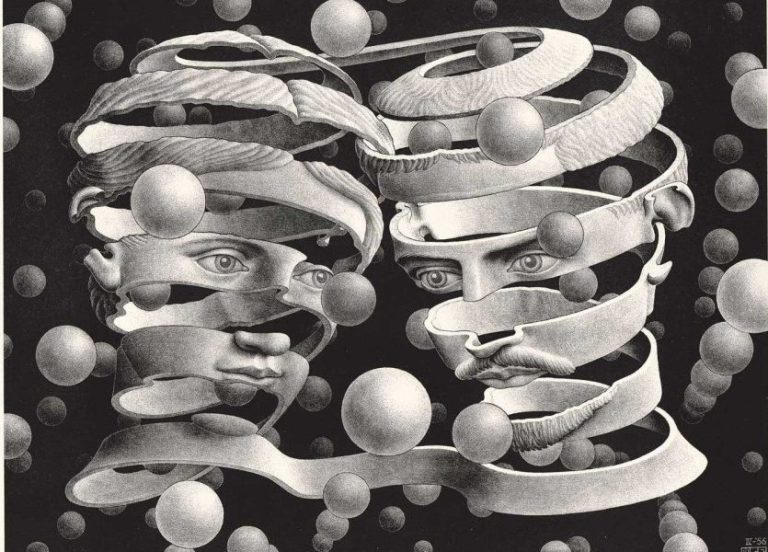SESSION 09 | ETHICS & INDIVIDUALS
How do we, as individuals, make ethical decisions when we are members of an organization?
Think about yourselves as you listen to this
Our buggy moral code | Dan Ariely
back to top
Is individual ethics a thing apart, or something that varies according to the situation?

Some of history’s greatest philosophers, then, agree that wrongdoing tends to be motivated by self-interest. ... Although most assume that an immoral person is one who’s ready to defy law and convention to get what they want, I think the inverse is often true. Immorality is frequently motivated by a readiness to conform to law and convention in opposition to our own values. In these cases, it’s not that we care too little about others; it’s that we care too much. More specifically, we care too much about how we stack up in the eyes of others.
The desire to fit in is the root of almost all wrongdoing | Christopher Freiman
back to top
You don't have to read these unless you wish to, but we might touch upon them in conversation

- Read the blog posting on vaccines and values and think about the issues in the article in terms of individual ethical values in relation to the ethical values of the individual's organization
- Read the Making Ethical Decision: A Practical Model | John R. Schafer and ask yourselves if you agree with it, or if not, why not.
- Read the As I See It - Assault on Officership | Steve Strobridge and ask yourselves if you agree with it, or if not, why not.
back to top
things we'll talk about
- how can we perceive the issue of lying, deceit, and subterfuge from an individual's point of view?
- what kinds of things motivate individuals to behave ethically within organizations?
- what kind of consequences for the organization can occur when one individual does not behave ethically? can you think of any recent examples?
- how have technological developments empowered individuals to do more damage if they don't behave ethically?
- what risks can unethical information technology professionals pose to people's privacy and well-being?

back to top
something to take away
El Derecho de vivir en Paz
There's a history in Chilean music and there's a lot to say about Victor Jara, but Rolling Stone hits some of the key points.
The love and justice songs of Chilean folk singer Victor Jara were apparently so threatening to the military leaders who staged the nation's 1973 coup that they had to murder him. After beginning his career in the theater, Jara took up songwriting as his country endured the social convulsions of the Sixties. He supported the Socialist presidential candidate Salvador Allende, who was overthrown from office by the Chilean right wing and later died under mysterious circumstances. Taken prisoner with thousands of others in a stadium that now bears his name, Jara was tortured; after they broke his hands, guards mocked the singer, ordering him to play guitar. Defiant, he sang a political anthem that translates as "We Will Win." For his insubordination, Jara was machine-gunned to death, his body dumped on a street outside Santiago. A few months later, Bob Dylan, Pete Seeger and Phil Ochs headlined a benefit in Jara's name in New York.
And a current example: Chico Trujillo
Hailing from the city of Villa Alemana, the Valparaiso region of central Chile, frontman Aldo Asenjo (aka "Macha") and guitarist Antonio Orellana - both members of rock-ska band The Floripondio at the time - set up a new music project that focused on mixing the traditional sounds of Latin America with the more contemporary music they were playing. Although the pair experimented with the rhythms of the bolero, salsa and rumba - it was the Chilean-style of cumbia - with its clip-clop momentum, dance-fuelled rhythms and modest instrumental melodies that the guys particularly loved.